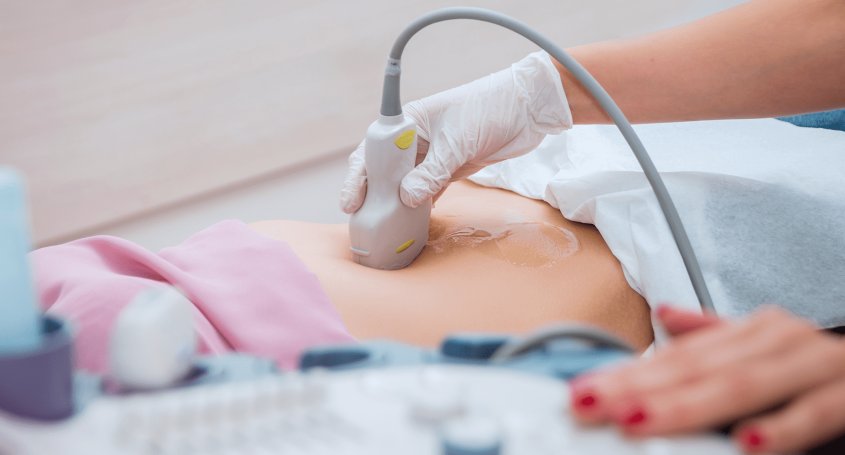Fetal health is one of the most important aspects for expectant mothers. The ultimate goal is fetal protection; therefore, prenatal screening tests are available to protect the foetus. For this reason, there are tests for the prenatal detection of genetic disorders with the aim of protecting the foetus. One of them is amniocentesis, but how much do you know about this test?
What is amniocentesis?
Amniocentesis is a prenatal diagnostic test performed on pregnant women in the second trimester (between the 15th and 21st week of pregnancy). It is considered an invasive test, so it is only indicated in certain cases such as:
- Family history of hereditary diseases.
- Couples in which one of the partners is a carrier of a chromosomal disorder
- Suspected foetal infection
- Previous children with Down's syndrome or other chromosomal disorders.
In this test, an analysis of the amniotic fluid is carried out to extract specific information about the baby such as:
- Diagnosis of foetal infection
- Fetal lung analysis helps to determine fetal lung maturity, i.e. whether the baby's lungs are mature enough for birth.
- Testing for genetic disorders that may lead to abnormal brain development and eventually result in intellectual or physical disabilities in the future baby.
In what consists of?
First, an ultrasound scan is performed to locate the embryo in the uterus. Then, a needle is introduced through the abdominal wall, the uterine wall and the amniotic cavity in order to extract a sample of the amniotic fluid containing cells of foetal origin. This procedure takes 20-30 minutes, and no anaesthesia is used.
Risks of amniocentesis:
In some cases, complications occur, the most serious of which is miscarriage. This complication, which has an incidence of 1 per 500 tests, is due to the presence of the needle in the uterus together with problems that may already be present in the pregnancy. In addition, on rare occasions, the foetus moves abruptly and suffers a
puncture, although there are usually no serious injuries. Another risk is an amniotic fluid leakage, but this usually resolves spontaneously without any intervention. In conclusion, amniocentesis is a safe test. However, because of its invasiveness, it is not recommended for all pregnancies.















